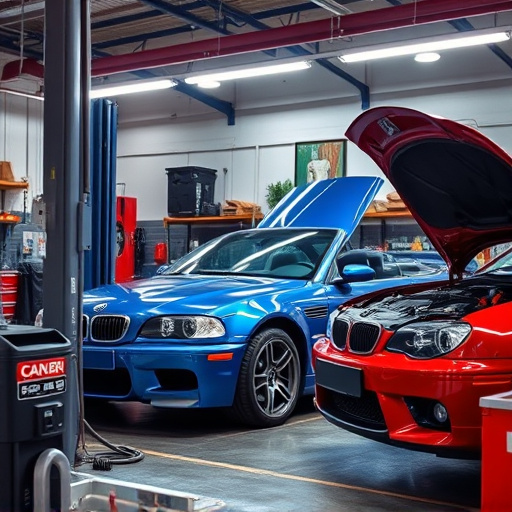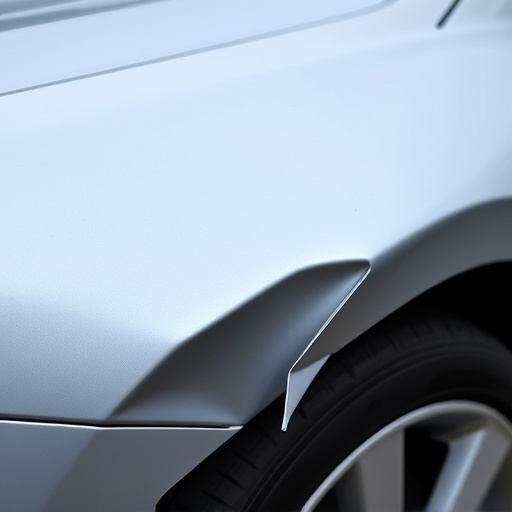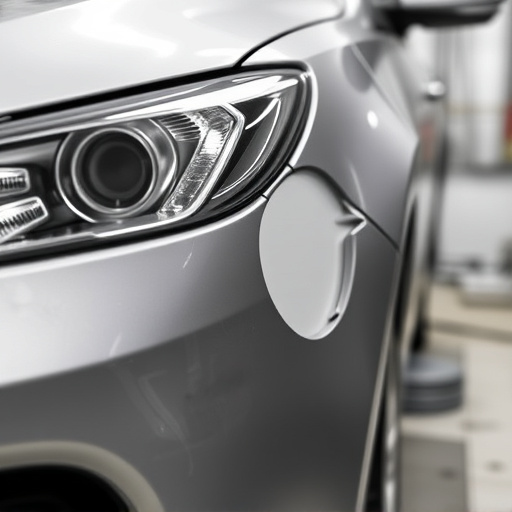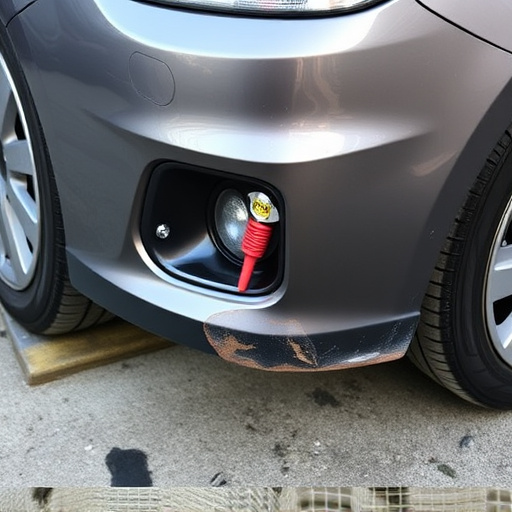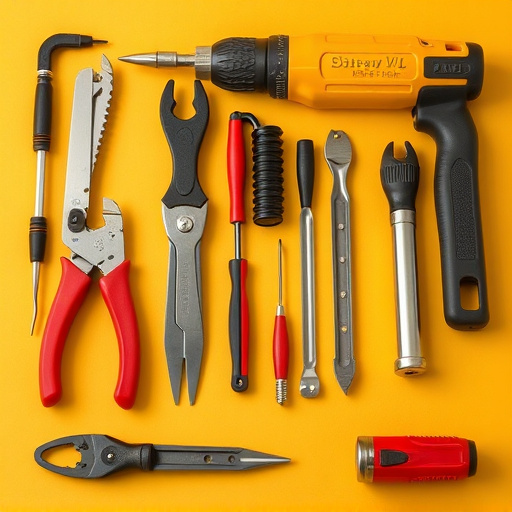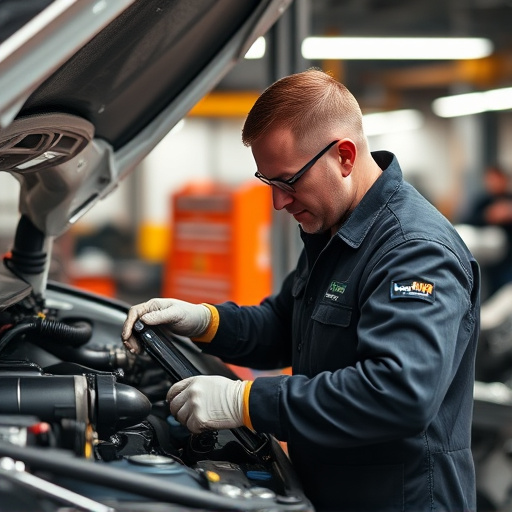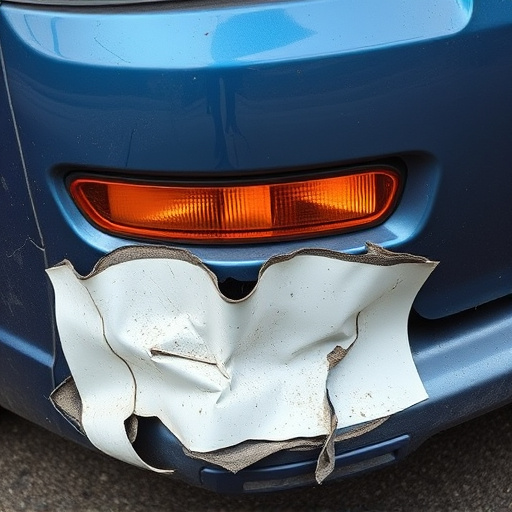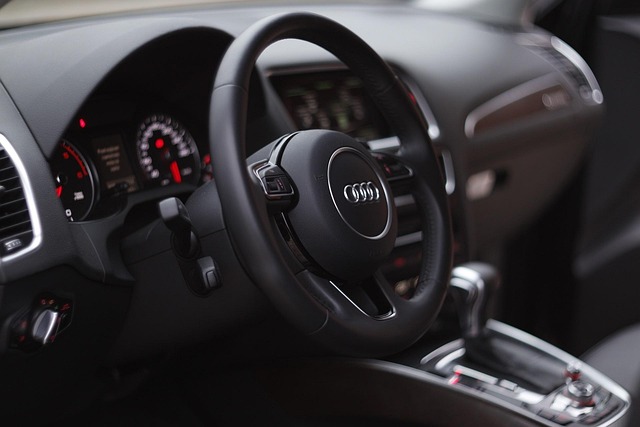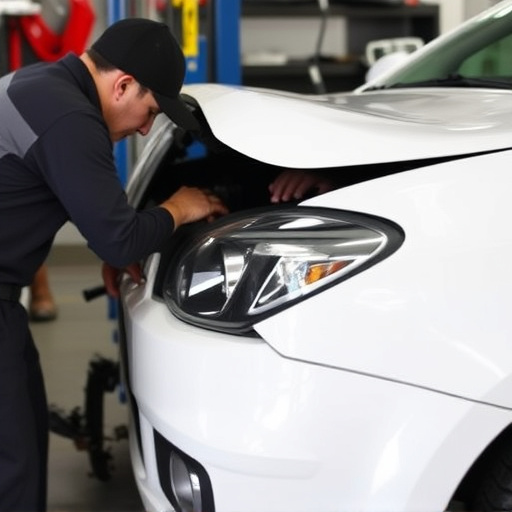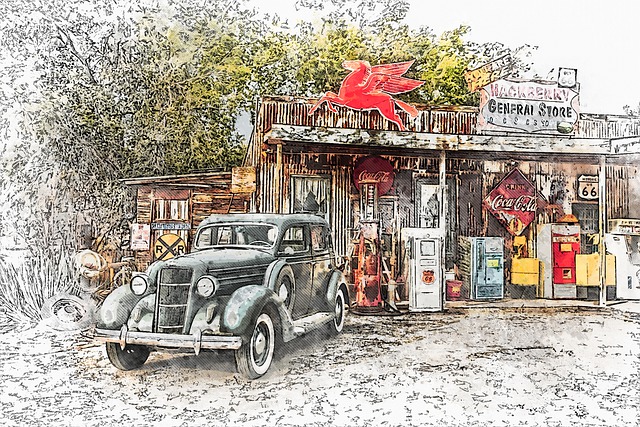Collision repair standards are comprehensive guidelines ensuring safety and quality in automotive collision repair. Certified shops adhering to these standards enhance craftsmanship, preserve vehicle value, prioritize customer and automotive safety, gain trust, and foster long-term customer relationships, positioning them as leaders in the industry.
In the highly competitive automotive industry, certified shops must adhere to collision repair standards to maintain their reputation and ensure customer satisfaction. This article explores why such compliance is paramount. We delve into ‘Understanding Collision Repair Standards’ and highlight the numerous advantages of adherence for certified shops, focusing on enhanced quality and safety. Additionally, we examine the role of industry regulations in fostering trust and loyalty among consumers. By understanding collision repair standards, shops can navigate the competitive landscape effectively.
- Understanding Collision Repair Standards: A Comprehensive Overview
- Benefits of Compliance for Certified Shops: Enhancing Quality and Safety
- The Role of Industry Regulations in Ensuring Customer Satisfaction and Trust
Understanding Collision Repair Standards: A Comprehensive Overview
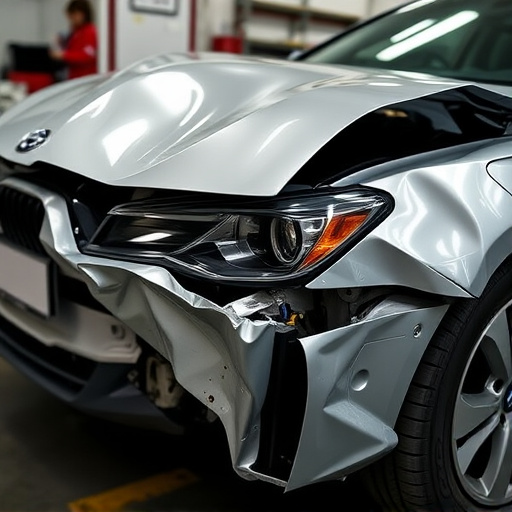
Collision repair standards are a set of comprehensive guidelines designed to ensure safety and quality in automotive collision repair. These standards cover various aspects, from initial assessment and disassembly to final reassembly and testing. Compliance with these regulations is not just about meeting legal requirements; it guarantees that vehicles are repaired accurately and securely, protecting both the vehicle’s structural integrity and the safety of its occupants.
Understanding these standards involves grasping detailed procedures for frame straightening, which is a critical component of collision repair. Frame straightening ensures that the vehicle’s chassis is aligned accurately after an accident, preventing long-term issues like poor handling or accelerated corrosion. By adhering to collision repair standards, certified shops not only maintain their reputation as reliable service providers but also contribute to road safety and the preservation of vehicles’ structural value, which is especially important for those seeking high-quality auto repair near me.
Benefits of Compliance for Certified Shops: Enhancing Quality and Safety
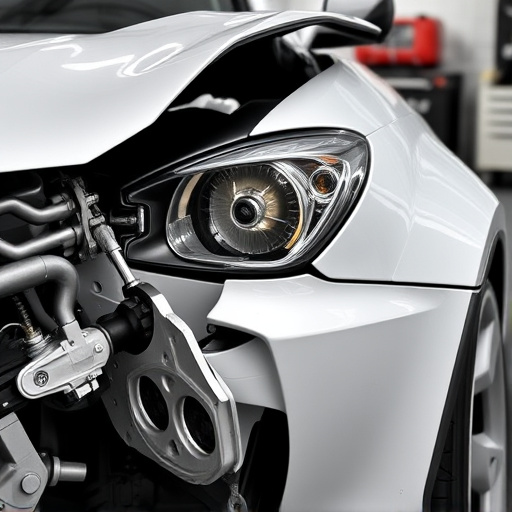
Certified shops that adhere to collision repair standards reap significant benefits, enhancing both the quality and safety of their services. By adhering to established guidelines, these shops ensure that repairs are performed with precision and expertise, matching the original manufacturer’s specifications for vehicles like Mercedes Benz. This level of compliance not only guarantees superior craftsmanship but also maintains the vehicle’s value and integrity.
Furthermore, strict adherence to collision repair standards prioritizes safety for both customers and their vehicles. Well-regulated shops employ advanced techniques and materials, ensuring structural integrity and minimizing risks associated with automotive collision repair. This commitment to excellence fosters trust among clients seeking top-notch collision repair services, positioning certified shops as leaders in the industry.
The Role of Industry Regulations in Ensuring Customer Satisfaction and Trust
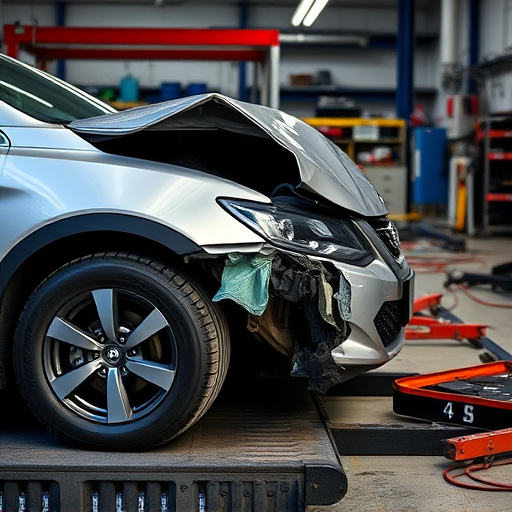
In today’s competitive automotive industry, where customer trust is paramount, adhering to established collision repair standards is non-negotiable for certified shops. Industry regulations serve as a cornerstone, ensuring that businesses maintain high-quality work and deliver exceptional service experiences. These standards not only encompass technical proficiency in car dent repair, fender repair, and car scratch repair but also govern safety protocols, environmental considerations, and ethical business practices. By meeting these benchmarks, repair shops instill confidence in customers, positioning themselves as reliable and trusted experts in the field.
Compliance with collision repair standards goes beyond legal requirements; it’s a strategic move to foster long-term customer relationships. Satisfied clients are more likely to return for future repairs and recommend the shop to others, thereby driving business growth. Moreover, adhering to industry regulations demonstrates a commitment to continuous improvement, staying abreast of technological advancements in repair techniques, and offering cutting-edge solutions for various car dent repair, fender repair, and car scratch repair scenarios.
Collision repair standards are essential for maintaining quality and safety in the automotive industry. By adhering to these standards, certified shops not only ensure customer satisfaction but also build trust and foster long-term relationships. Understanding and complying with regulations is a testament to a shop’s commitment to excellence, making it a true game changer in the competitive market of collision repair services.
